

Someone once asked me what I thought was one of the most important but overlooked components in a vehicle. Hands down, I’d say it’s the battery. When it fails to start the engine, it quickly becomes the sole focus of your busy day. Whether the vehicle is in your driveway or stuck in a parking lot, your options become either getting the vehicle towed directly to a repair shop or finding someone to jump start the vehicle in hopes of successfully making to an auto parts store or a repair shop to buy a new battery. Either scenario can be stressful, inconvenient and costly, especially in unexpected situations.
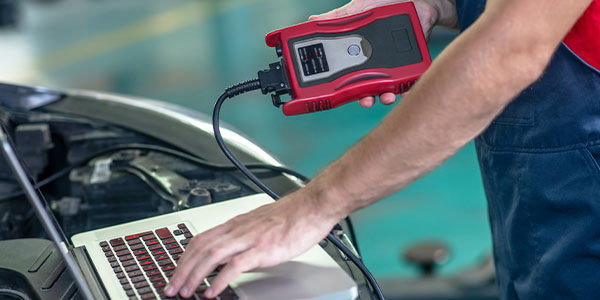
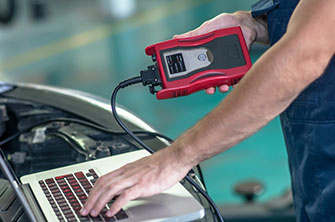
Like most electronic devices, scan tool technology is evolving at a rapid pace and the product options seem almost endless. So, how do you know which one is right for you? The answer depends on the features and functionality you want, your budget, and your eagerness to take your diagnostic skills to the next level. In this article, we will explore various kinds of scan tools, pricing and what to look for when choosing the right scan tool for your needs.
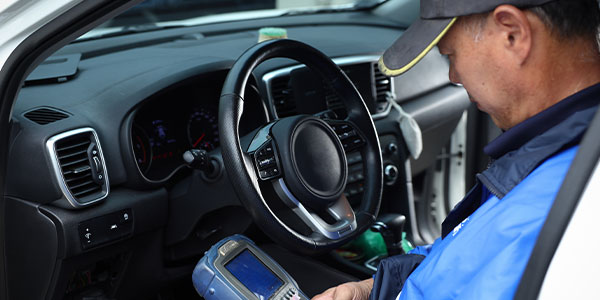
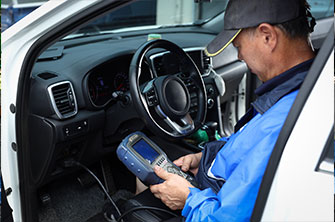
Let’s face it, diagnosing automotive electrical, drivability or emissions-related issues can be a bit challenging. But a DIYer or automotive student armed with good diagnostic skills, a scan tool and reliable diagnostic and repair information can identify and fix most of those issues.
Diagnostic skills will develop naturally with practical experience so in this article, our focus will be on building a good fundamental knowledge of on-board diagnostics (OBD), scan tool operation, diagnostic trouble codes (DTCs) and what to do with DTCs once you’ve found them.


Most of us rely on our vehicles to take us everywhere. We jump in the driver’s seat, turn the ignition key (or push the START button) and away we go. But what happens when you turn the key, or push the button, and nothing happens? You may hear the starter slowly turnover a few times then a rapid clicking from somewhere under the dash or hood. After that… silence.
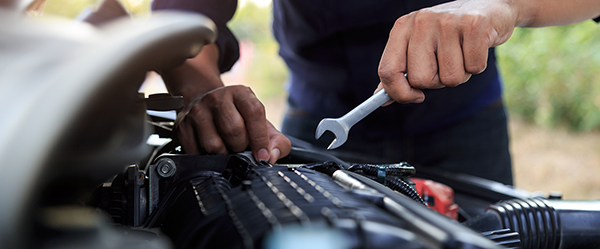

You’re no doubt familiar with AutoZone, the nation’s leading retailer of automotive parts and accessories with more than 7,000 stores in the U.S., Puerto Rico, Mexico, and Brazil.


Many of us are hanging on to our vehicles longer than ever before. In order to protect your investment, performing routine maintenance is essential to keep your car, truck, or SUV running at its best.
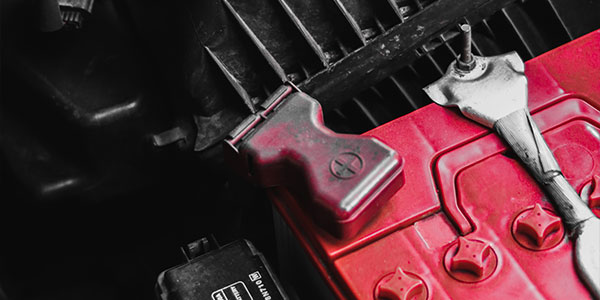
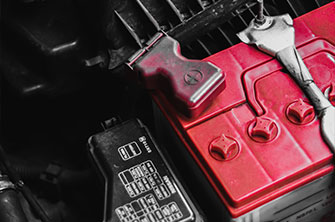
A good battery shouldn’t lose its charge overnight or even after sitting a few days. If it does, the problem may be the battery can no longer hold a charge, the alternator isn’t working, or the battery terminals are corroded. But if the terminals are clean and tight, the battery is fairly new and the charging system warning light is not on, there’s probably an electrical component or wiring issue causing an electrical drain (or parasitic draw) on the battery. There are a couple of ways to pinpoint which circuit, component or module is causing the battery to discharge.


Performing basic vehicle maintenance requires a set of tools and equipment to effectively and safely work on your car. Here is a list of essential tools and equipment for vehicle maintenance...
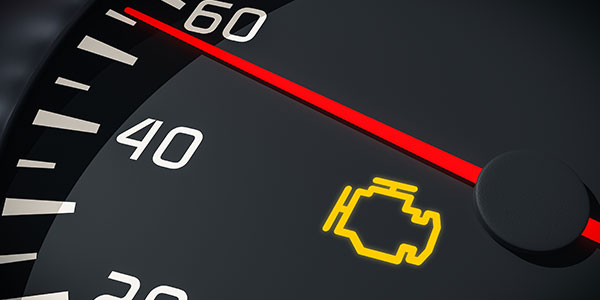
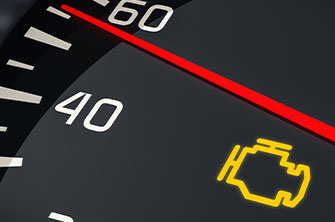
Diagnosing electrical problems in your car, truck, or SUV can be challenging, but there are several signs that can help you identify potential issues. Here are some common indicators of electrical system problems...


While electric vehicles (EVs) generally have fewer moving parts and require less maintenance compared to traditional gasoline-powered vehicles, there are still some common repairs that may be needed. Here are some examples...


Your vehicle's onboard diagnostic system can generate numerous diagnostic trouble codes (DTCs) to identify repair issues that require attention. While the specific codes may vary depending on the make, model, and year of the vehicle, there are some common DTCs that tend to occur across different vehicles. ALLDATAdiy makes it easy to interpret DTCs and determine your best course of action, based on the latest manufacturer information.


Following original equipment manufacturer (OEM) repair procedures is crucial when working on a vehicle for several reasons...
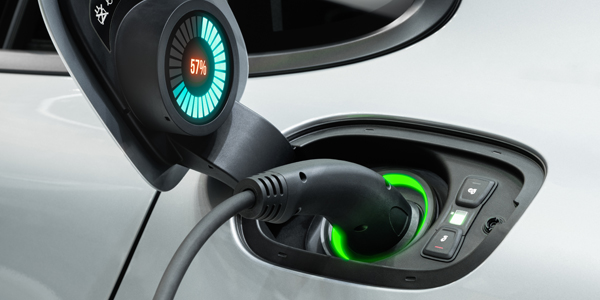
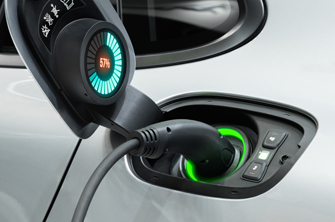
Purchasing a hybrid or electric vehicle (EV) can offer several significant benefits. Here are some of the key advantages...
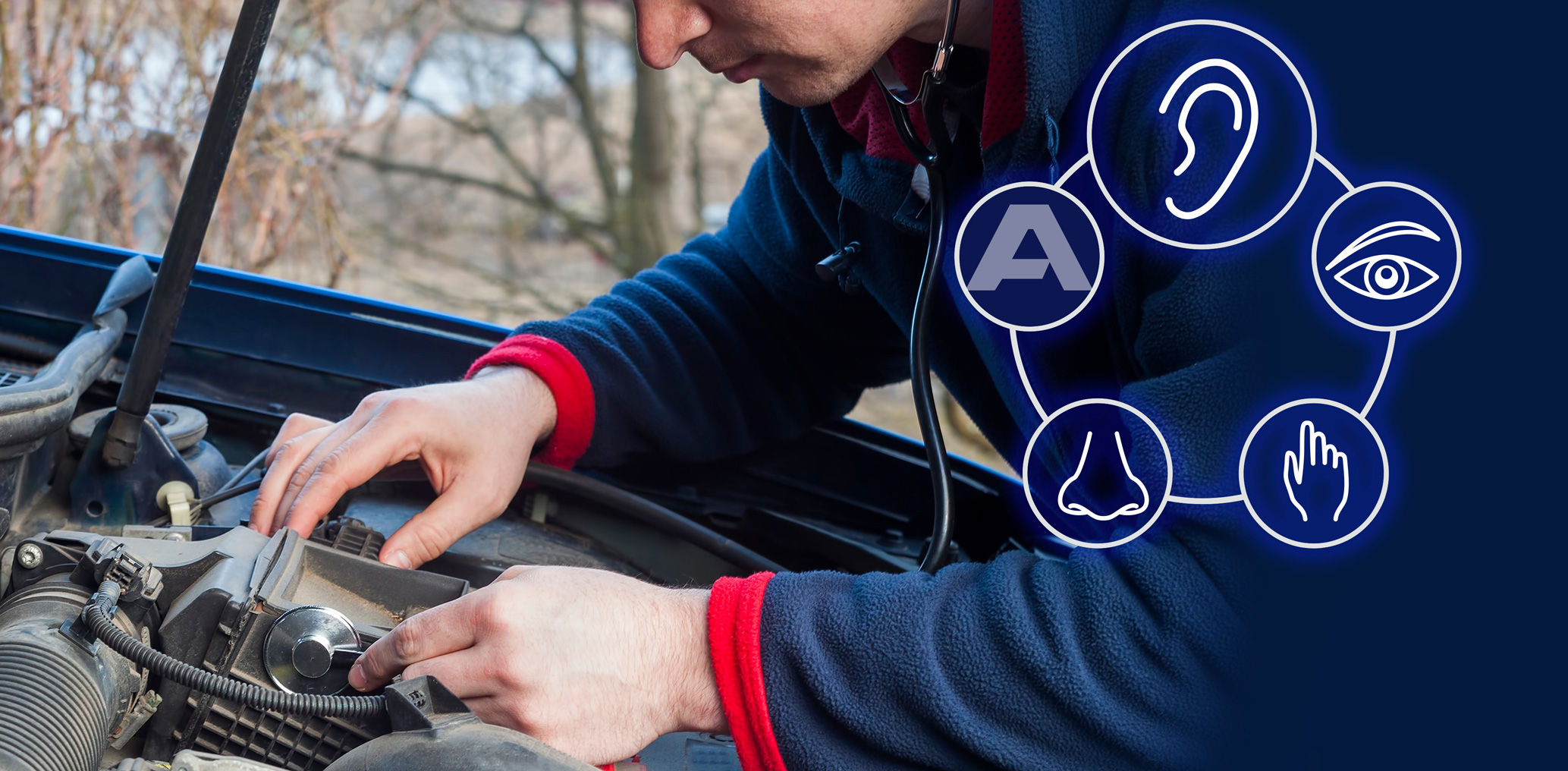

Whether you bought your vehicle new or used, it’s a good idea to become familiar with the noises it makes when everything is operating properly so that you’ll know when something sounds abnormal.
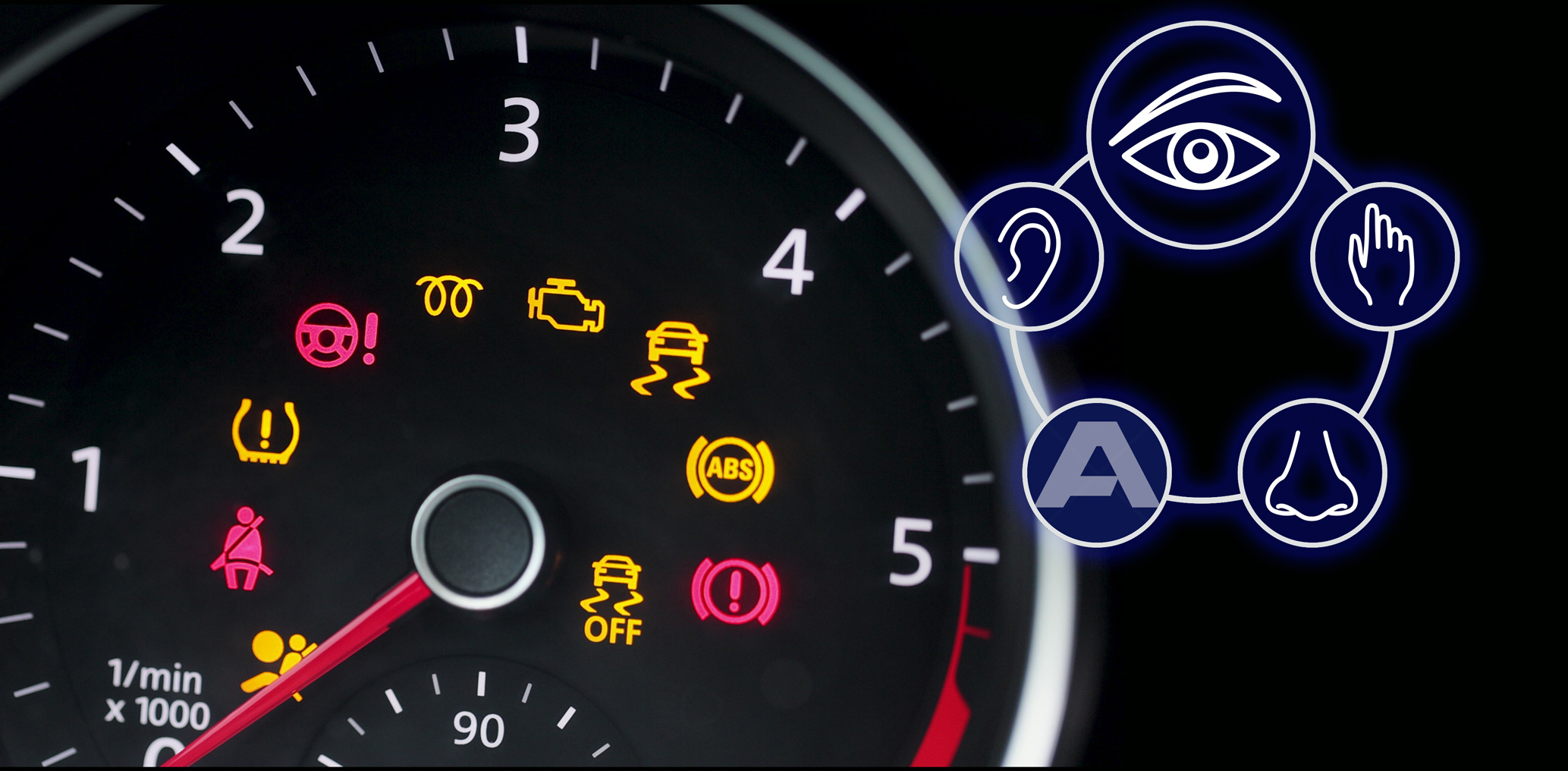

Your sense of sight is one of the most effective of your five senses when it comes to identifying problems with your vehicle. Whether you’re driving, performing a scheduled inspection or just backing out of your parking spot, always be on the lookout for warning signs of potential issues. Here are a few of the most common ones.








